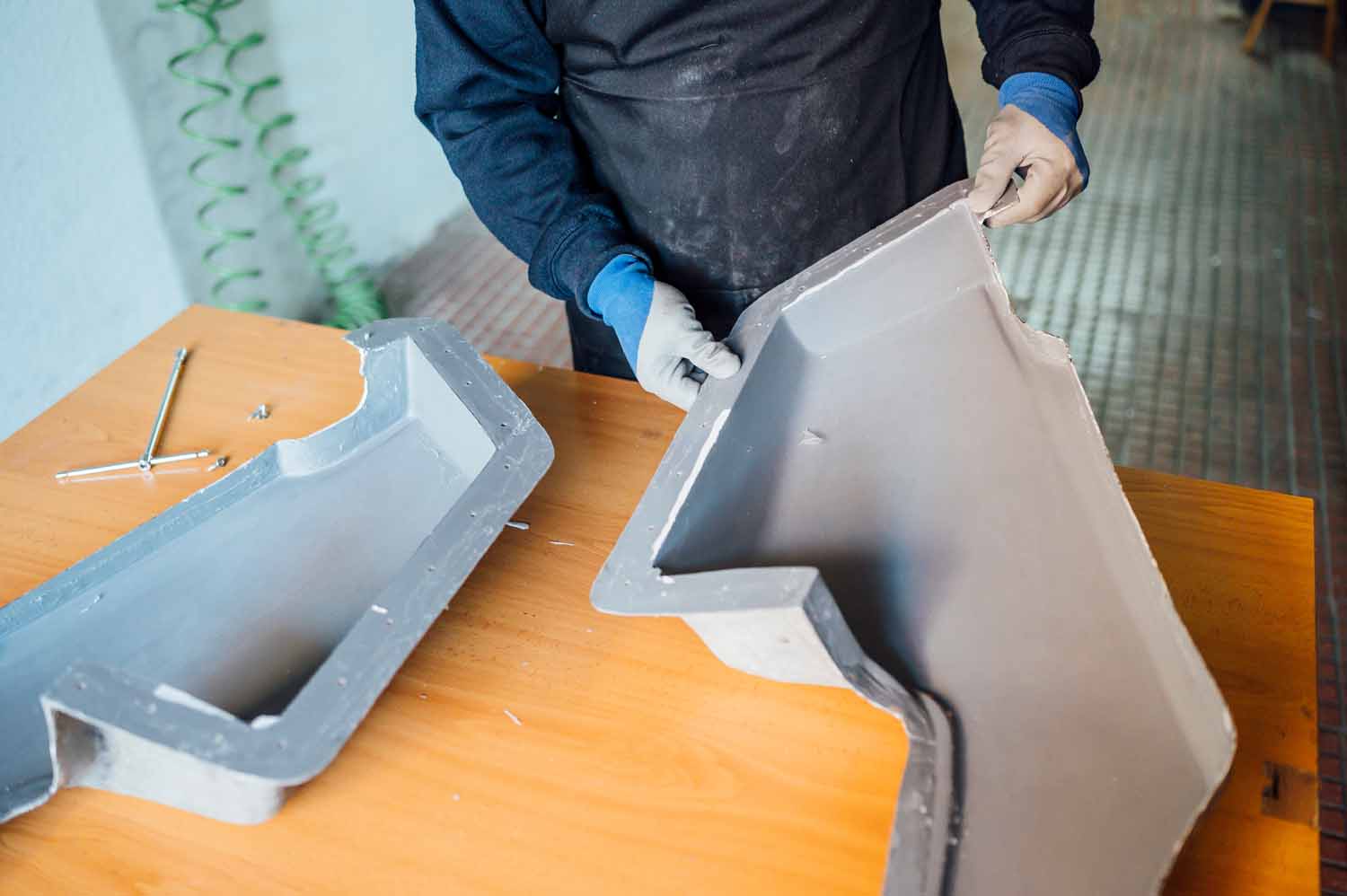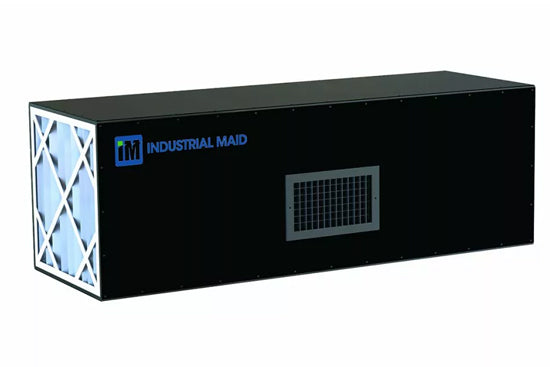Composites, Plastics and Fiberglass
The Composites, Plastics, and Fiberglass industry plays a crucial role in manufacturing materials that are integral to various sectors, including automotive, aerospace, construction, and consumer goods. These materials are favored for their strength, lightweight properties, and versatility. However, the production processes involved often release harmful emissions and particulates, such as volatile organic compounds (VOCs), styrene, fiberglass dust, and resin fumes. These contaminants not only pose significant health risks to workers—such as respiratory issues, skin irritation, and long-term organ damage—but also impact environmental quality. Effective air filtration systems are therefore essential in this industry to capture these airborne pollutants, ensuring both occupational safety and compliance with stringent environmental regulations.
Air Quality Concerns

In the thriving Composites, Plastics, and Fiberglass industry, manufacturers are continually pushing the boundaries of innovation to deliver materials that are not only high-performance but also cost-effective and lightweight. These materials are indispensable across a wide range of applications, from daily consumer products to sophisticated aerospace components. However, the very processes that make these materials so versatile also release a host of airborne pollutants that can pose serious health risks to workers and cause environmental degradation. Implementing robust air filtration solutions is crucial to maintain air quality and ensure the industry's sustainability.
Specific Particulates Generated in the Industry
- Styrene: Common in fiberglass production and plastic manufacturing, known for its potential toxicity.
- Volatile Organic Compounds (VOCs): Emitted during the curing of plastics and composites, these compounds contribute to air pollution and can cause health issues.
- Fiberglass Dust: Produced during the cutting or handling of fiberglass products, which can lead to respiratory conditions.
- Formaldehyde: Released during the curing process of certain types of resins and composites.
- Phenolic Compounds: Emitted from some resins used in composite manufacturing, known for their skin and respiratory irritancy.
- Particulate Matter: Includes various dusts and residues from sanding and grinding operations.
Machines and Processes That Cause These Particulates
- Resin Transfer Molding (RTM) Machines: Involved in injecting resins into molds which can emit styrene and other VOCs during operation.
- Filament Winding Machines: Used for creating composites that can release styrene and other emissions depending on the materials used.
- Chopper Guns (for Fiberglass): Spray chopped fiberglass and resin, leading to high levels of styrene and fiberglass dust.
- Grinding and Sanding Equipment: Responsible for generating significant amounts of particulate matter during the finishing of composites and plastics.
- Curing Ovens: Release formaldehyde, phenolic compounds, and other VOCs during the heating process used to cure composite materials.
- Plastic Extruders: Involved in melting and forming plastics, potentially releasing VOCs and fine particulates from plastic dust.
Conclusion
Given the potential health hazards and environmental impact associated with these emissions, the implementation of effective air filtration systems in the Composites, Plastics, and Fiberglass industry is not just a regulatory requirement but a critical component in protecting worker health and safeguarding the environment. Advanced air purification technologies, including HEPA filters, activated carbon systems, and custom-engineered solutions, are essential to address these varied pollutants. Ensuring these systems are properly designed and maintained can significantly reduce the risks associated with air quality while enhancing the overall efficiency and sustainability of production processes.
Our Industrial Air Cleaners capture Styrene, VOC's, Fiberglass Dust, and general dust production released into the air.
See Industrial Maid Air CleanersFor Specific smaller shop operations in this industry our 2000C includes Carbon to capture those VOC's and Formaldehyde.
See Comercial CleanersPortable fume collectors let you minimize the exposure of harmful chemicals to everyone in your shop by capturing these at the source. Designed for VOC's and nuisance dusts to improve air quality across the board.
- Flexible, spark-resistant extraction arm
- Highly-effective fume collection with no installation required
- Simple, cost-effective units
Safer Environment. Safer Employees.
-

Composite Dust
Read More about Composite Dust -

All about Chemicals
Read more about chemicals in this industry! -

Case Study
Component Manufacturer Solution
Search By Product, Application or Industry
We specialize in general plant air filtration, welding shop filtration systems, automatic and robotic welding cell filtration, and oil mist and particle control for any industry. Whether you challenge stems from welding fumes and smoke; laser and cutting fumes and smoke; grinding and deburring dust; dry dust; powders; machine processes; mist removal; sanding and finishing; vehicle exhaust or dust collection ? We’ve got you covered.






